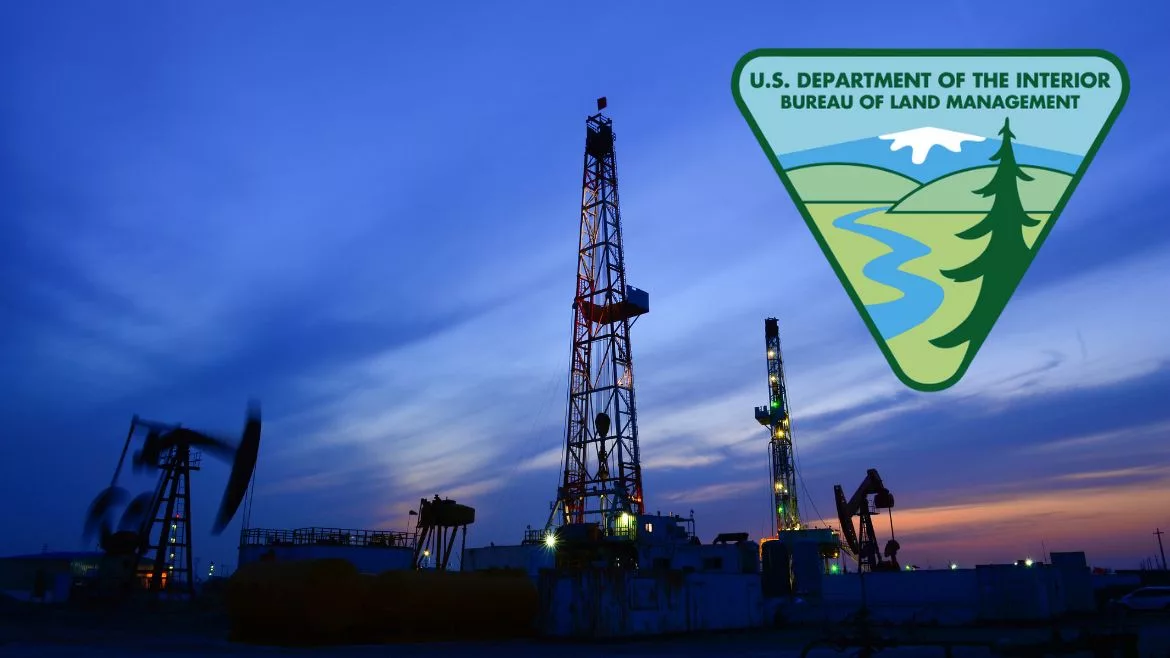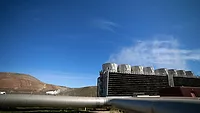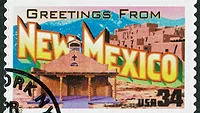News
Fines Increased for Operators Who Trespass on Federal Land
BLM has increased fines in its rule, titled 'Onshore Oil and Gas Operations and Coal Trespass—Annual Civil Penalties Inflation Adjustments.'

The Bureau of Land Management (BLM) has increased the fines for operators who extract petroleum or natural gas from government land that they do not have a lease to conduct such operations, or for operators who lack permission to travel over government land to get to a site where extraction operations are being conducted.
On February 26, 2024, BLM made public the increased fines in its rule, titled, 'Onshore Oil and Gas Operations and Coal Trespass—Annual Civil Penalties Inflation Adjustments.' The rule lists six infractions for which penalties are assessed, as well as the amount of the previous penalty, and the amount of the new penalty. They are:
- The previous penalty for “failure to comply” was $1,291.00, which was increased to $1,333.00.
- The previous penalty for a lack of “corrective action” was $12,924.00, and that was increased to $13,343.00.
- The previous penalty for a transporter failing “to permit inspection for documentation” was $1,291.00, which was increased to $1,333.00.
- The previous penalty for failing “to permit inspection” and “failure to notify” was $25,847.00, which has now increased to $26,685.00.
- The previous penalty for providing “false or inaccurate documents” and “unlawful transfer or purchase” was $64,618.00, and that was increased to $66,712.00.
- The previous penalty for exploring for coal “for commercial purposes without an exploration license” was $4,838.00, and that was increased to $4,995.00.
Federal law requires that the increase in the fines be related to inflation, and is not because of an increase in trespass incidents, Rebecca Good, the acting chief of BLM’s Solid Minerals Division told The Driller. “We have to annually update the fees due to inflation,” she said, which is required by the Federal Civil Penalties Adjustment Act Improvements Act of 2015. Increasing the fines was implemented as a means to “promote compliance with the law” by maintaining “the deterrent effect of civil monetary penalties,” says the BLM rule.
However, while the fines have been increased the amount of each fine will depend on if such a trespass was accidental or willful, said Good, who stressed that the majority of trespass incidents are accidental and “not willful.”
In addition, the BLM recognizes there are “different types of trespass,” she said. That includes “a realty trespass,” which is when an operator travels on a road on government land that “they don’t have permission to use” or if they build such a road, or if they do not have BLM authorization or permission to conduct whatever activity it is they are conducting, she said.
There is also a “mineral trespass” in which an operator mistakenly drills on public lands without authorization, said Good. There have been operators who did not realize “where they were” when they drilled, “or that an authorization was required,” she said, adding there have also been instances of “miscommunication, or there were land status issues” that resulted in trespass.
Click here to read the rule.
Looking for a reprint of this article?
From high-res PDFs to custom plaques, order your copy today!






